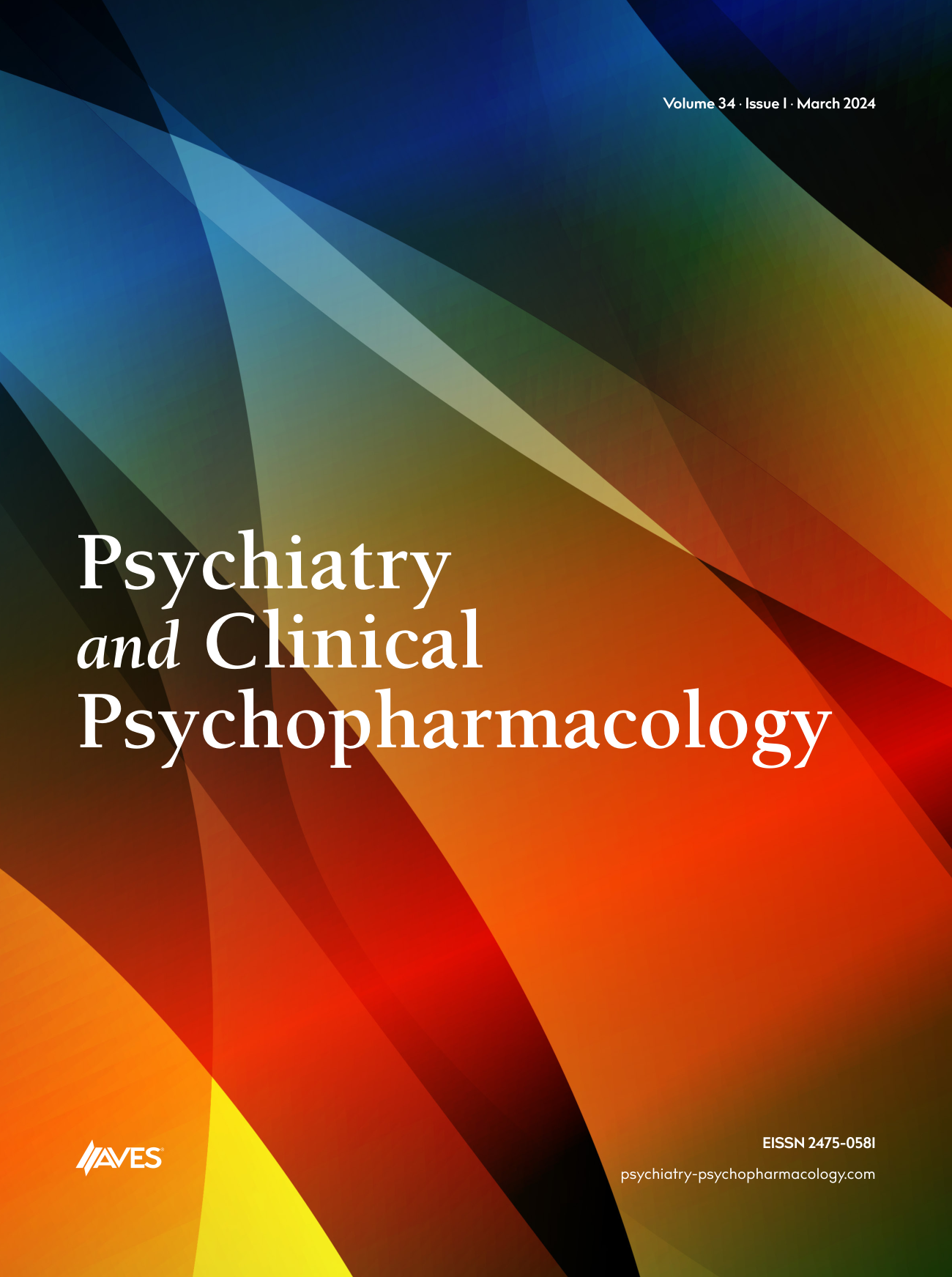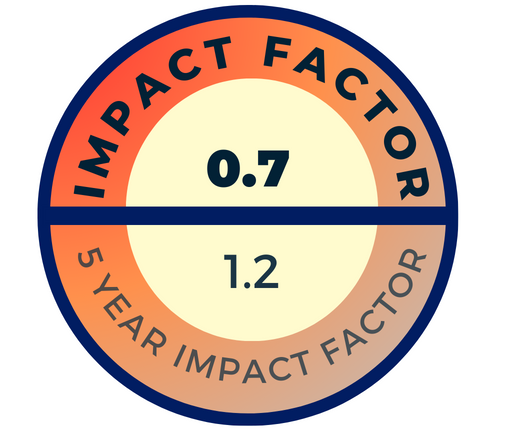Objective: Some authors have suggested that abnormalities in electrolyte metabolism could cause mood disorders. A few studies have demonstrated relationships between the metabolism of electrolytes and affective symptoms. In this study, we aimed to investigate whether there is any relationship between sodium and depression.
Method: The study sample comprised of 42 patients with depressive disorders, who were consecutively admitted to the inpatient psychiatric service. In the patients group, thirty-five patients (83.3%) had major depression, three (7.1%) had psychotic depression, three (7.1%) had catatonic depression and one (2.3%) had seasonal depression. The serum sodium and serum creatinine levels were measured in a blood sample before eating anything in the morning. Urine sodium, urine creatinine and density of urine were studied in the first morning spot urine sample.
Results: Patients with depression had significantly lower serum sodium than healthy control subjects (p=0.04). No significant differences between the groups in terms of plasma creatinine, urine sodium, urine creatinine and density of urine were recorded.
Conclusions: The present study suggests that there was a relationship between sodium and depression.



